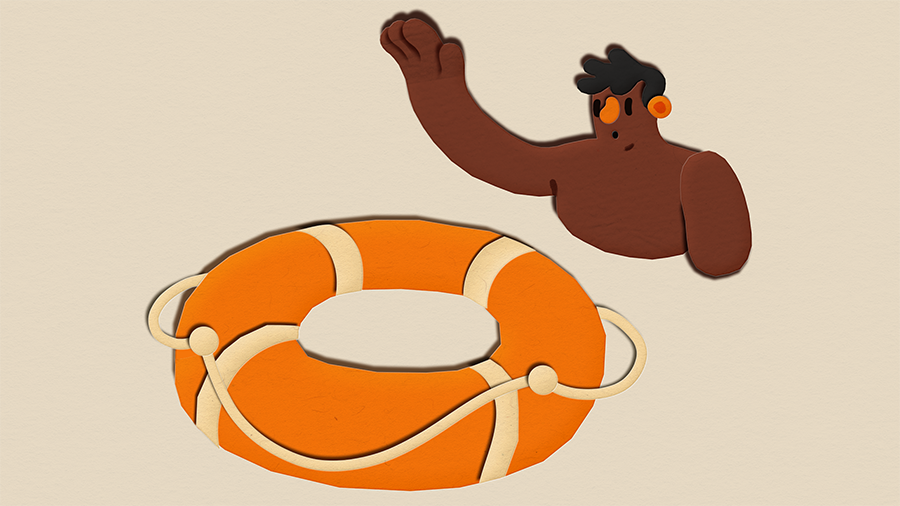Taking care of your mental health
If you have coping strategies that work well for you already, keep doing them. That might be using mindfulness techniques, taking five minutes for yourself, or talking to a friend.
Choosing one or a couple of things from the list below to focus on could give your mental health a boost.
- Maintaining good sleep might feel impossible, but the NHS has tips and advice to help.
- Keep in touch with family and friends on the phone or try a video call. If you’re struggling to find someone to talk to about what you’re going through, Mind has helplines and you can speak to your GP to see what counselling provision might be available in your area. You can also call or email our Helpline with any parenting concerns or worries.
- Write down your feelings in a notepad. This can help you reflect, understand, and let go of emotions.
- Join a support group or network online. Talking to others in a similar situation can help.
- Try to have some time for yourself, whether that's at home or by going for a walk. We have advice if you're not sure if your child is old enough to stay home alone.
- Physical activity is really helpful for some people. You could try walking, going for a jog, swimming or doing an online class. If these don't suit you, you could try a gentler activity like gardening, sitting next to an open window to get some fresh air, or doing a crossword.
- We know eating well isn’t easy or accessible to everyone. If you need help with getting essentials you can contact your local food bank.
- Planning things to do by yourself or with your child can help create structure and a routine for the day. Try starting your day with a short list of 4 small, achievable things you'd like to do.
- If there's another adult in your house or older children, ask them to play an active part too.
- If finances are causing additional stress, Money Saving Expert has lots of information and Citizens Advice can offer help and support.
Helping children and families understand a parent’s mental health issues
If you're struggling, it's OK to reach out for support from friends, families and organisations that are here to help.
Changes in a parent’s mental health can sometimes affect children. They may pick up on your anxiety, low mood or stress.
This doesn't mean you should hide or minimise your feelings. You can try to explain what you're experiencing using phrases like, "It's OK to get big feelings, everyone gets big feelings but it's still the grown-up's job to look after the children" or "If grown-ups get big feelings, it's not your fault – we can ask other grown-ups for help with our feelings."
It's important to give children reassurance and support. Looking after your own mental health is vital to their well-being so don't be afraid to try new things together.
Reach out if you need help. Our Helpline team are here, whatever your worry. You can call them on 0808 800 5000 or email [email protected]
Therapist and parent Raoul chats with parents Andy and Susie about their experiences of parenting and mental health.
Where to find help
Other organisations providing support to children and families include:

- Mind
Information and support as well as helplines for people experiencing mental health problems and their friends and families. - Rethink Mental Illness
Advice as well as services and support for people affected by mental illness and their friends and families. - Samaritans
Round-the-clock confidential support to people going through a tough time. - SANE
Emotional support to people affected by mental health problems and their families and friends.
Get more parenting advice
Illustration credits
Top banner and page body illustrations by Harriet Nobel.
Parenting advice row: see individual pages.






